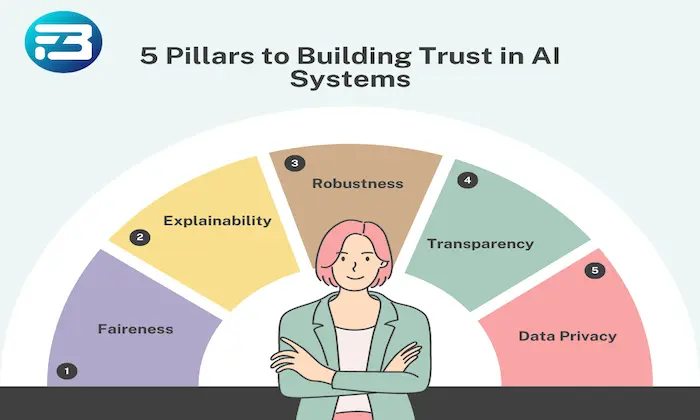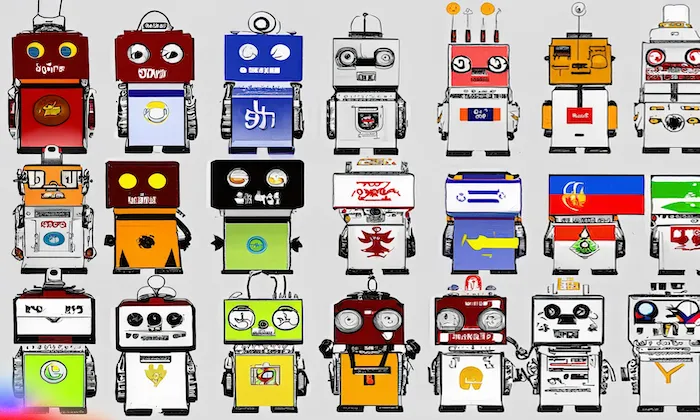What are common sources of dataset bias or under-representation?
Data Quality
AI Models
Dataset Bias
Dataset bias is a significant challenge in developing AI applications, especially in the automotive sector, where the accuracy of in-car speech recognition systems is paramount. This bias can lead to AI models that perform poorly in real-world scenarios, impacting user experience and safety. Understanding and addressing this bias is crucial for engineers, researchers, and product managers aiming to create robust AI systems.
Understanding Dataset Bias
Dataset bias occurs when the data used to train AI models does not fully represent the target users or environments. In the context of speech datasets, biases can arise from under-representation of certain demographics, speech patterns, or environmental conditions vital for model effectiveness.
Common Sources of Bias
- Demographic Bias: When a dataset heavily features voices from a specific age group, gender, or linguistic background, it can limit AI model performance across diverse user bases. For example, an AI system trained mostly on adult male voices may struggle to comprehend children or female passengers.
- Environmental Bias: In-car environments are dynamically influenced by engine noise, road conditions, and climate controls. Datasets lacking recordings from these varied conditions can result in models that perform inadequately under realistic driving scenarios.
- Acoustic Bias from Microphone Placement: The positioning of microphones, whether on the dashboard, embedded in seats, or handheld affects audio quality and clarity. Datasets that do not account for these variations risk creating models biased towards specific acoustic profiles.
- Language and Accent Bias: Models trained on datasets with limited language or accent diversity may not perform well for users speaking different dialects. Ensuring linguistic diversity in datasets is essential for inclusive AI systems.
- Speech Type and Context Bias: Over-representation of clear, structured commands and under-representation of spontaneous, conversational speech can impair a model's ability to handle real-world interactions where users mix commands with casual dialogue.
Why Addressing Bias Matters
- User Experience: Biases can lead to misinterpretation of voice commands, causing user frustration.
- Safety: In the automotive context, accurate speech recognition is critical for navigation and vehicle control, where errors can have severe consequences.
- Market Reach: Models that falter with certain demographics limit product adoption and satisfaction.
Mitigating Dataset Bias
- Promote Diverse Data Collection: Capture a wide range of voices, accents, and speech patterns by engaging multiple demographic groups. This ensures broad representation and inclusivity.
- Embrace Varied Acoustic Conditions: Collect data in diverse driving environments, including urban, rural, and varied weather conditions, to prepare models for real-world challenges.
- Implement Comprehensive Annotation Strategies: Use detailed annotations that include speaker roles, environmental factors, and emotional tones to enhance AI model training and contextual understanding.
- Conduct Iterative Testing and Feedback: Continuously assess models against real-world scenarios and incorporate user feedback to refine datasets and improve model performance.
Real-World Impacts & Use Cases
- Luxury EV Brand: A high-end electric vehicle manufacturer used a multilingual dataset with diverse accents to train their voice assistant, resulting in high recognition accuracy and enhanced user satisfaction across various demographics.
- Autonomous Taxi Service: By employing emotion recognition algorithms trained on varied in-car datasets, this service was able to offer personalized passenger experiences, even in high-traffic, noisy environments.
- Tier-1 OEM: A leading automotive manufacturer sourced custom datasets for specific vehicle models, focusing on navigation and entertainment commands, which improved the robustness and reliability of their AI systems.
The Path Forward
Addressing dataset bias is crucial for developing efficient and equitable AI systems. By leveraging comprehensive, diverse, and well-annotated in-car speech datasets, companies can ensure their AI solutions are adaptable and resonate with all users.
FutureBeeAI specializes in providing high-quality datasets tailored to your needs, helping your AI models thrive in complex, real-world applications. Partner with us to develop smarter, more inclusive AI solutions that adapt seamlessly to diverse environments.
What Else Do People Ask?
Related AI Articles
Browse Matching Datasets
Acquiring high-quality AI datasets has never been easier!!!
Get in touch with our AI data expert now!








